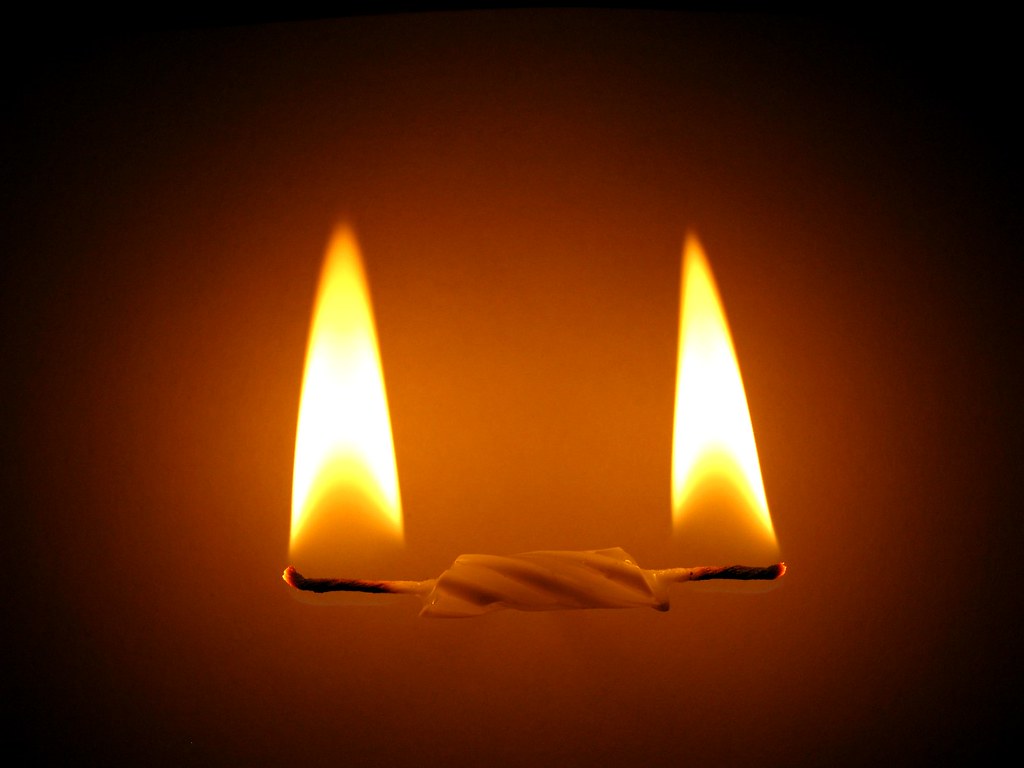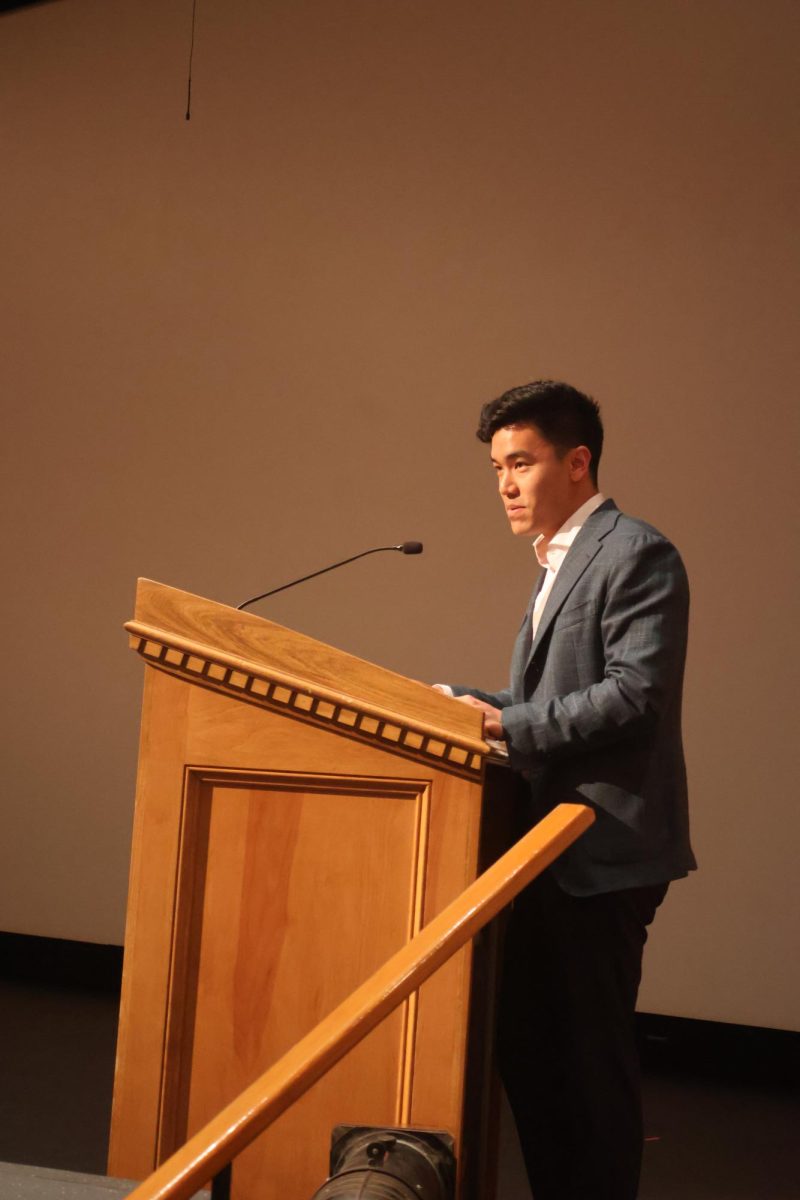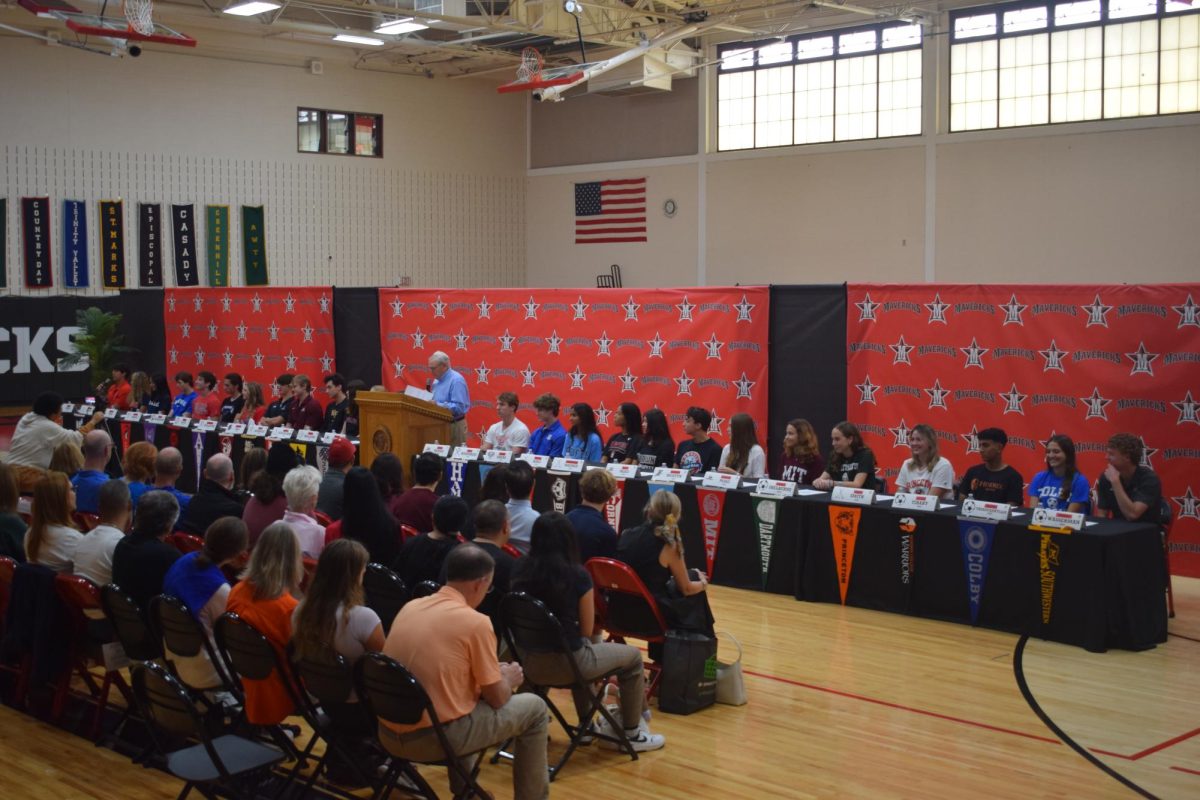When sophomore Carson Wang started his freshman year, he was initially overwhelmed by the workload. While juggling academics, a sport and piano practice, Wang felt compelled to do even more.
As he pushed himself to his limits, Wang began to experience a feeling that many other students are far too familiar with: burnout.
The result of prolonged and unrelenting stress, the most common symptoms of burnout include fatigue, headaches and muscle pain.
“I like to think of burnout as burning a candle at both ends and running out of wax,” Upper School counselor Ashley Le Grange said.
Mental health professionals view the School’s hyper competitive climate as the root cause of burnout.
“Competition is overwhelming and consuming,” Le Grange said. “A lot of the time, people want to try and figure out where it comes from, but the reality is, it’s part of the School’s culture.”
This culture of competition is exacerbated by a desire for perfection, fear of failure and potentially unrealistic expectations.
“Students are operating under the mindset that they should be perfect,” English teacher Kimberly Roquemore said, “and that burns people out because they keep pushing to do more.”
Further complicating the issue is imposter syndrome—a condition of extreme self-doubt in one’s own intellect, skills or accomplishments. In a highly competitive environment like the Upper School, many students question whether they deserve to be among their high-achieving peers.
“When I think of imposter syndrome, I think of a student who questions whether or not they belong here,” Le Grange said. “And if they don’t know whether they belong, they’re going to overcompensate.”
Teachers also say it’s important for parents to remind their children about minimizing cut-throat competition.
“We need parents helping us out in telling their kids to set boundaries and limits,” Roquemore said. “Learning how to balance life is an extremely important part of growing up, and it’s not fair to expect a 15-year-old to learn that by themself.”
In order to combat imposter syndrome, teachers should keep in mind the range of learning styles that exist in their classroom.
“If one person’s an internal processor, and we’re having a really fast discussion, they might not be saying anything,” Roquemore said. “But that doesn’t make them any less smart.”
When some teachers notice that a student is an internal processor, they use alternative tactics to help them stay engaged in class.
“It’s the teacher’s job to bring these students into the conversation in different ways,” Roquemore said. “For English, this may include writing and even drawing in class.”
If teachers see students experiencing severe stress, they can also involve a counselor through a “warm handoff,” in which a teacher takes a student to a counselor after making sure they are ready for support.
“After this happens, students start getting help and becoming stronger,” Roquemore said.
It is also important for students to learn proper communication techniques with their peers. One widespread issue between students is grade comparison: when students complain about their grades, it can foster a sense of inadequacy.
“We all learn differently,” Roquemore said. “Some things are harder for others – you may be killing it in one class, but not another. And that’s okay.”
Students are susceptible to problematic sleeping habits. When students promote the idea that getting less sleep is impressive, they promote an unhealthy culture that could accelerate burnout.
“Sleep is critical to development, growth and intelligence,” Le Grange said, “so the competition of getting less sleep does the exact opposite of promoting wellness.”
If students face burnout and want to improve their wellbeing, they could talk to counselors, exercise more often, get more sleep and engage in hobbies.
“The most important thing to do is rest and then start doing things in small increments,” Le Grange said.
Ironically, teachers also face burnout because they experience the same pressure to excel as students.
“Everyone is constantly aiming for perfection at everything they do,” Roquemore said. “When there are 15 students who show up every day ready to learn, teachers want to give something great back.”
















